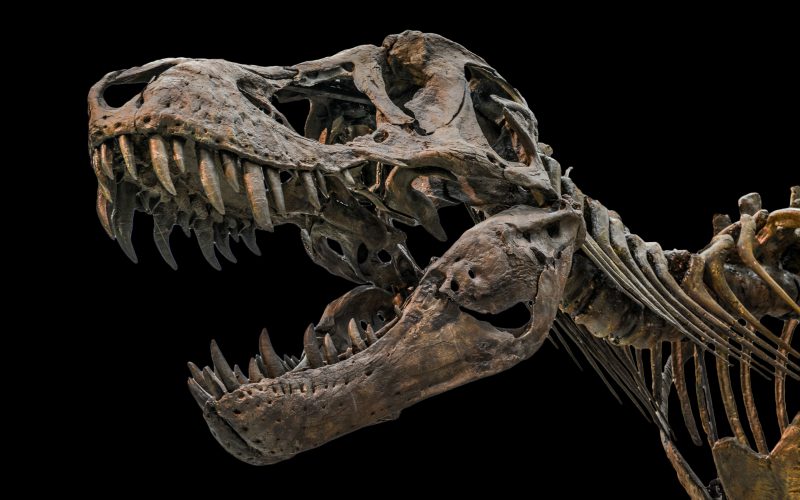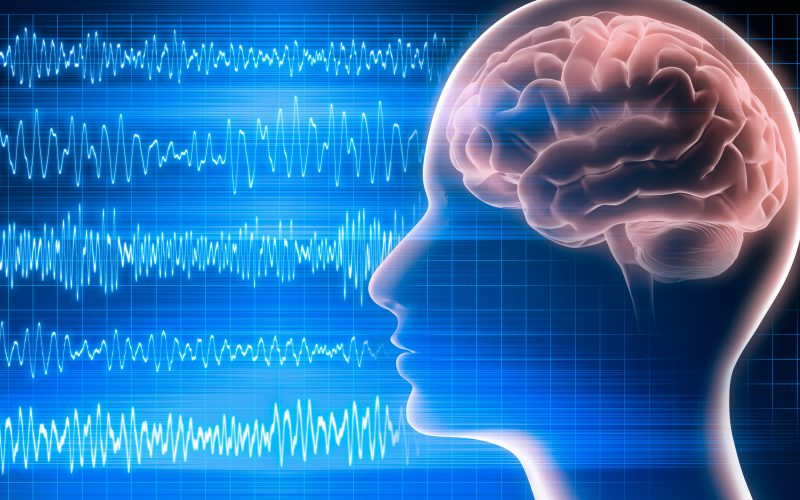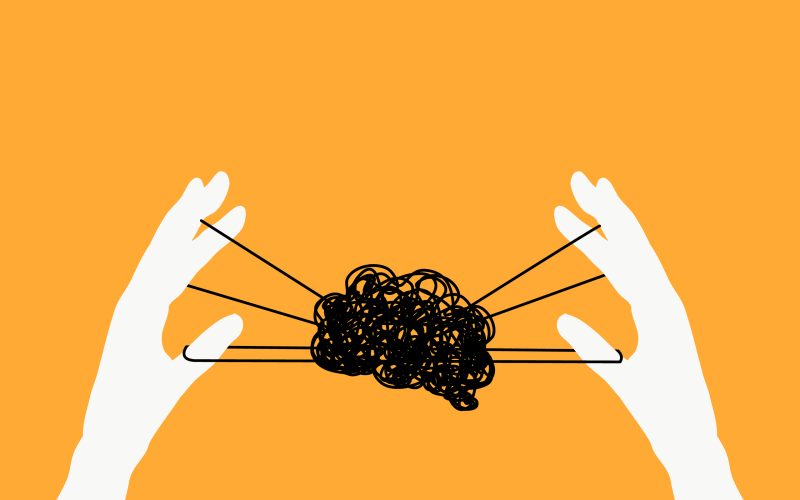Writer Phil Klay talks bout why we’ve felt the need to make guns even more deadly, and explains the technology that has allowed guns to evolve from single shooters to automatic weapons.
Read more


Writer Phil Klay talks bout why we’ve felt the need to make guns even more deadly, and explains the technology that has allowed guns to evolve from single shooters to automatic weapons.
Read more
David K. Randall, a reporter for Reuters, tells the story of Barnum Brown’s discovery of the T-rex and how this discovery amazed the world.
Read more
Of all the species on Earth, humans have easily had the biggest impact. We’ll look at how our actions have affected everything from the bug population to the plants and trees many animals call home.
Read more
Journalist Chris Jones talks about re-learning how to think for ourselves; Greg Beringer of The New York Times discusses the geopolitical influences of our digital maps; and Karen Hao of MIT Technology Review talks about Facebook’s “machine learning” algorithms.
Read more
Joshua Hicks, a professor of psychological and brain sciences, discusses why appreciating small, significant moments can lead to a sense of purpose.
Read more
Kevin Nguyen is features editor for The Verge, and he joins us to tell the story of a man who spotted the first redwing in Maine and the domino effects that unleashed for avid birders.
Read more
Neuroscience professor, Dr. György Buzsáki discusses his research into the way the brain computes signals in order to better understand human decision making.
Read more
Roanne van Voorst is a futures-anthropologist, and she joins us to discuss her vision for a world not reliant on meat for food or clothing.
Read more
Columbia University’s Michael Slepian joins host Krys Boyd to discuss why secret-keeping isolates us – and who we should tell our secrets to.
Read more
Researcher Paul Craddock discusses 16th-century skin grafts, 18th-century tooth transplants, and modern-day medical breakthroughs.
Read more
Tracy Dennis-Tiwary, a psychology and neuroscience professor, explains why, she says, anxiety is tied to hope, and why linking it to disease is an outmoded way of thinking.
Read more
Writer Daniel Bergner discusses his brother’s journey with a bipolar diagnosis and the medications he was put on—and how drug-based treatments are still based on a lot of assumptions.
Read more